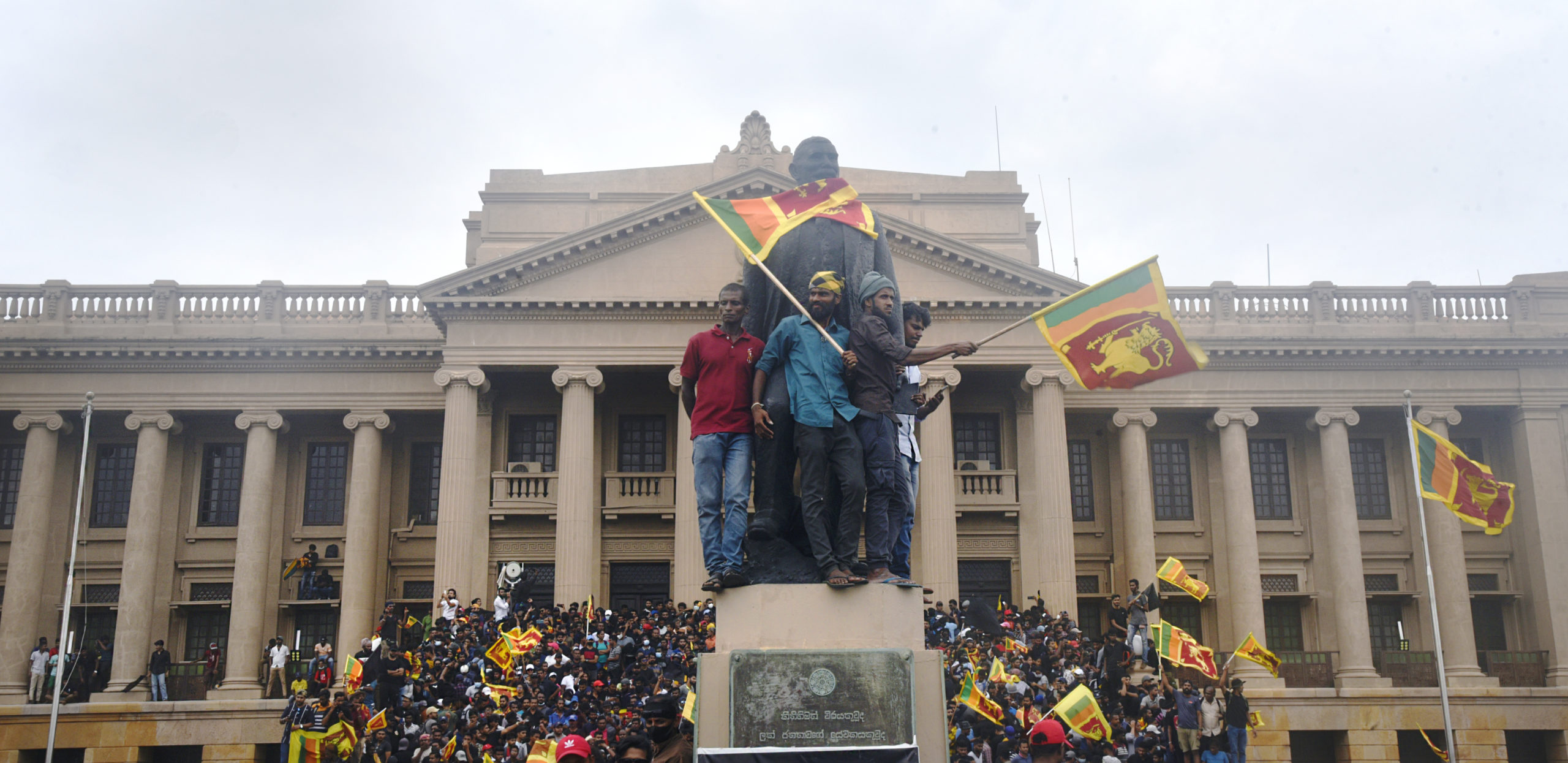The world’s media has its eyes focused on Sri Lanka, with the announcement that President, Gotapaya Rajapaska, has fled the country. Yet what is being reported as a political crisis is in reality a hunger crisis. It speaks of the enormous human costs of the management of the Covid-19 pandemic by ‘global health’, the effects of which are still being felt.
Already by September 2021, the BBC reported a food emergency on the island nation. There were many causes, including an abrupt shift to organic farming which had reduced production; but the Sri Lankan government had equally been unable to protect food imports following soaring foreign debt burdens, inflation, and a collapse in tourism — all of which were directly connected to the global Covid restrictions. By January 2022, one report described how food prices had doubled in the previous 12 months alone.
This, combined with the knock-on impacts of the war in Ukraine, led to the unravelling of Rajapaska’s presidency. And worryingly, this chain of global lockdowns to hunger to riots to political upheaval may soon become very familiar.
That’s because reports are growing of similar patterns on every continent. Outside Sri Lanka, in Asia there were the worst food riots seen in Iran for more than a decade earlier this year. In the UK, Martin Lewis warned of riots caused by the cost-of-living crisis in May, and similar fears have been raised for Europe. In Latin America, Ecuador endured weeks of protests at the end of June, with protesters demanding price controls for agricultural products. Then last Thursday, reports came from Panama of a call for a general strike owing to the cost of living.
Meanwhile in Africa, a series of reports have recently underlined the gravity of the crisis. This week, business leaders in South Africa were quoted as saying that the country was sitting on a time bomb. As one put it:
As if to underline the point, riots hit Jinja in Uganda earlier this week, provoked by food and fuel prices.
The connection between food security and political security is well known. Food scarcity played a significant role in the Arab Spring of 2011, and all the signs are that the same patterns are in play again in 2022 — especially considering that world governments have already played their full hand by printing trillions of dollars to ‘deal with Covid’. But instead all that we have been left with is inflation.
Whatever lessons in leadership the world’s politicians are getting, it seems like they need what World Economic Forum executive chairman Klaus Schwab likes to call a ‘great reset’.
Toby Green and Thomas Fazi’s book on the pandemic, The Covid Consensus: The Global assault on Democracy and the Poor – A Critique from the Left, will be published by Hurst in December.











Join the discussion
Join like minded readers that support our journalism by becoming a paid subscriber
To join the discussion in the comments, become a paid subscriber.
Join like minded readers that support our journalism, read unlimited articles and enjoy other subscriber-only benefits.
Subscribe